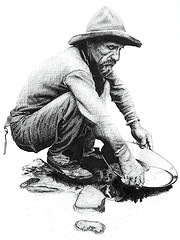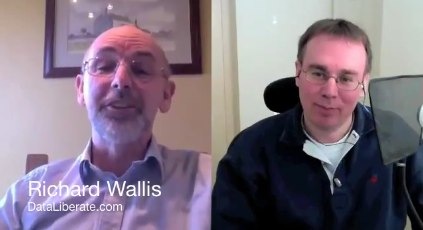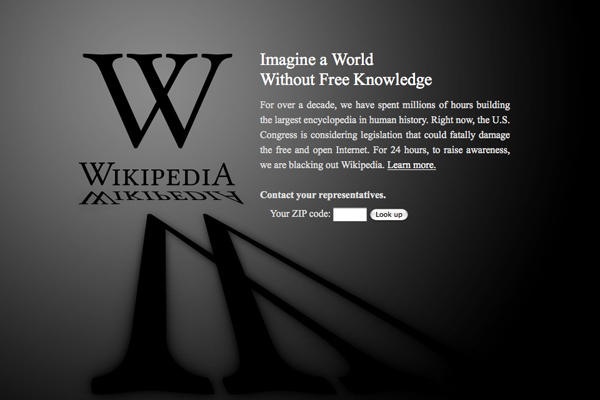
From Records to a Web of Library Data – Pt2 Hubs of Authority
As is often the way, you start a post without realising that it is part of a series of posts – as with the first in this series. That one – Entification, and the next in the series – Beacons of Availability, together map out a journey that I believe the library community is undertaking as it evolves from a record based system of cataloguing items towards embracing distributed open linked data principles to connect users with the resources they seek. Although grounded in much of the theory and practice I promote and engage with, in my role as Technology …







